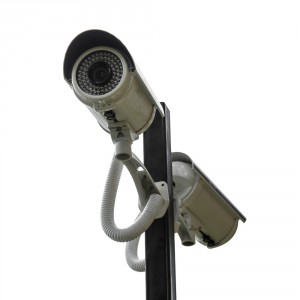
Sammons has been a FINRA member since January 2002, employs a total of 516 registered representatives, and operates from 357 branch office locations. Sammons’ compliance functions are conducted in Ann Arbor, Michigan, where its main registered Office of Supervisory Jurisdiction (OSJ) is located.
FINRA found that Sammons’ supervisory and compliance functions were conducted by a company called BD OPS, LLC, (BD OPS), an entity under common ownership with Sammons. BD OPS performed all of the firm’s supervision and compliance and also provided supervisory and compliance services for another broker-dealer and its related investment advisor. As a result, FINRA found that the 35 supervisory personnel working for BD OPS were responsible for supervising a total of 1,274 registered representatives and 854 branch offices between the two broker-dealers.
FINRA found that Sammons’ reliance upon the limited number of individuals from BD OPS to remotely conduct all of the supervisory and compliance functions was not reasonable. For example, FINRA determined that during all of 2011 and much of 2012, BD OPS had only three full-time staff serving as field auditors. Therefore, in order to address the multitude of branch audits needed the three individuals conducted approximately 5-10 branch inspections per week. In addition, FINRA found that email review for all Sammons representatives was handled by BD OPS on an indeterminate basis with no specific persons designated to conduct the reviews.
Further, FINRA found that Sammons’ system for reviewing emails of its brokers was not reasonably designed. FINRA alleged that Sammons employed an email review system that included the use of a limited number of search terms to identify emails for possible review and a protocol where 10% of the identified subset of emails were actually reviewed. However, Sammons’ reviewed only 10% of the subset of emails identified for review, even where the emails contained words such as “complaint,” ”promise”, or “guarantee.” Accordingly, FINRA found that the limitations on the review of emails was unreasonable and resulted in inadequate supervision of the firm’s email communications.
Investors who have suffered losses through a brokerage firms’ failure to supervise their brokers may be able recover their losses through arbitration. The attorneys at Gana Weinstein LLP are experienced in representing investors in cases where brokerage firms fail to supervise their representatives sale of unsuitable investment products. Our consultations are free of charge and the firm is only compensated if you recover.
